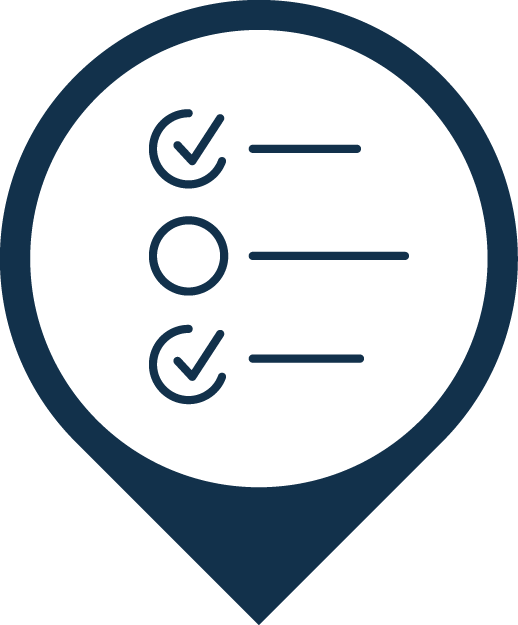Continued progress. Forward momentum.
Fannie Mae’s Equitable Housing Finance Plan (the Plan) is an actionable, three-year road map designed to overcome inequities in the U.S. housing market. In its third year, the 2024 Plan is building on a strong, tested foundation. We are outlining new actions and adaptive changes while the heartbeat of the Plan remains the same: providing access to affordable and sustainable homeownership and rental housing for generations to come.
The Black and Latino Housing Journeys
Fannie Mae’s housing equity and stability efforts continue to be guided by a data-driven, evidence-based, and consumer-centric framework referred to as the Consumer Housing Journey. Download the Black Housing Journey and Latino Housing Journey research PDFs to learn more about the distinct barriers faced by Black and Latino consumers.
Here are some highlights from the last two years of plan actions:
- Fannie Mae's Desktop Underwriter® (DU®), the leading automated underwriting system, continued to leverage data and technology to create a more inclusive way to assess mortgage eligibility and serve more creditworthy borrowers.
- Our Positive Rent Payment Reporting Pilot has helped renters who pay their rent on time build a credit history and improve their credit score.
- HomeView®, our award-winning homeownership education offering, began offering a credit-building course in 2022 that is available in Spanish and English.
What’s new in 2024
New actions: Building on the momentum of the last two years, new actions were developed specifically to improve equitable access to homeownership and sustainability:
- Creating a standard definition of loans to “first-generation homebuyers."
- Expanding counseling support for near mortgage-ready homeowners.
Research initiatives: We have continued our efforts to identify barriers to equitable and sustainable housing. In 2023, we gained valuable insights, including:
- The unique barriers Native American consumers face.
- The impact language proficiency has on consumers' access to homeownership.
- How heirs’ property issues can impact generational wealth and widen the racial wealth gap.
- New research on challenges faced by today’s renters.
In 2024, we will expand on a range of market and consumer research initiatives to further refine our Equitable Housing Finance Plan.
2023 Performance Report: An overview of the progress we have made towards our Plan goals in 2023.
The Plan focuses on actions that promote more equitable housing along three main phases of the research based housing journey:

Step 1
Housing Preparation
Helping consumers prepare early for sustainable homeownership and access to quality rental housing through establishing strong financial and credit foundations.

Step 2
Renting or Buying
Removing unnecessary obstacles consumers face in shopping for, acquiring, renting, or financing a home.

Step 3
Move In and Maintain
Improving the tools available for renters and homeowners to help them withstand disruptions or crises and remain stably housed.
Our actions: Solutions rooted in the consumer housing experience
1
- Pilot rental payment reporting across the multifamily industry to help Black, Latino/Hispanic, and other underserved renters with thin or no credit history establish, maintain, and improve their credit scores
- Expand support for housing counseling agencies to increase access to pre-purchase counseling
- Expand financial capabilities coaching to build credit, savings, and financial resiliency in select markets
- Innovation Challenge: Support the implementation of a positive rent reporting program for renters in affordable housing to help them establish and/or improve credit using on-site financial coaching programs at rental properties
- Innovation Challenge: Support the expansion of comprehensive financial coaching and HUD-approved counseling, and planning for development of affordable housing in rural Virginia

